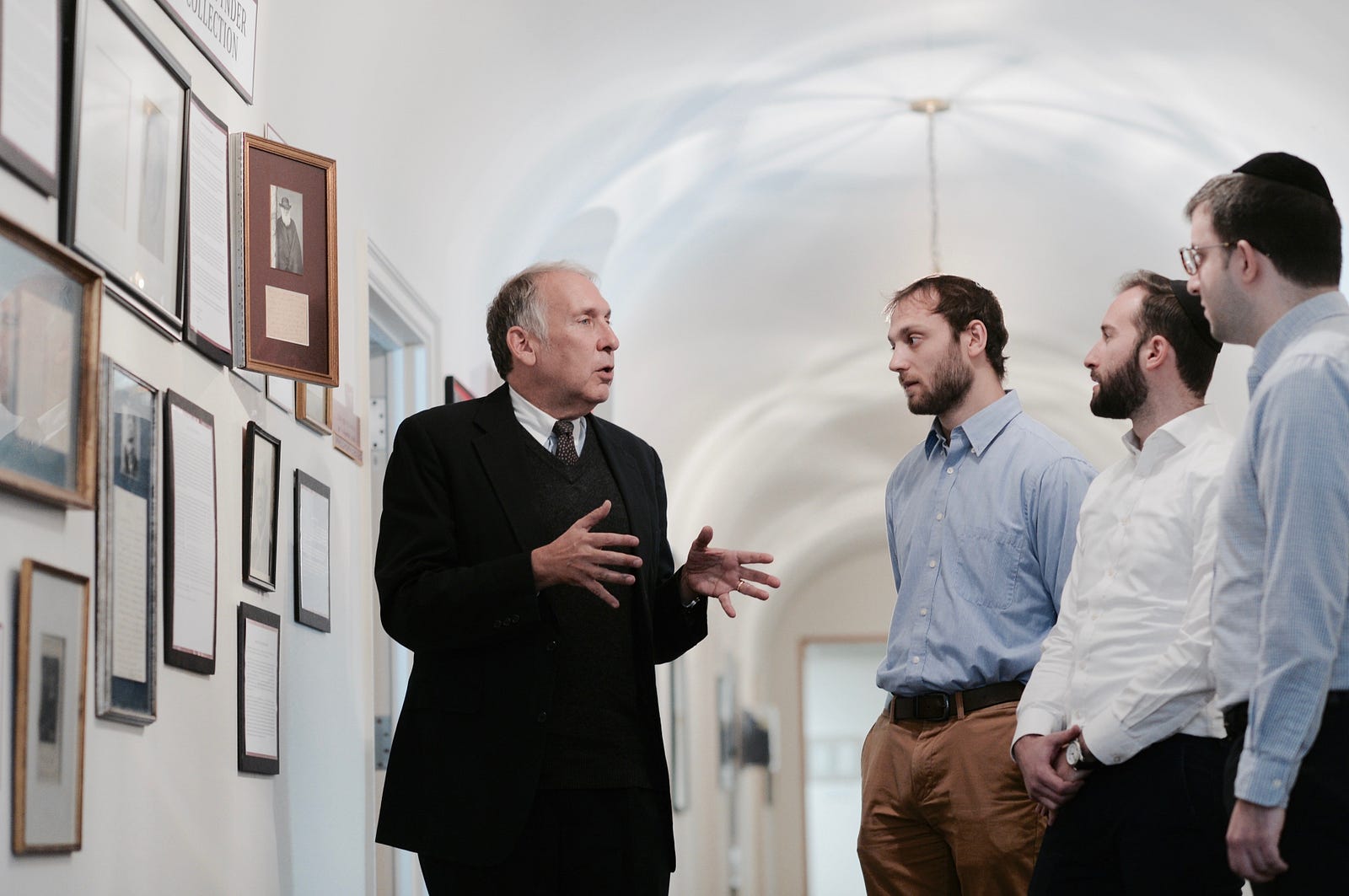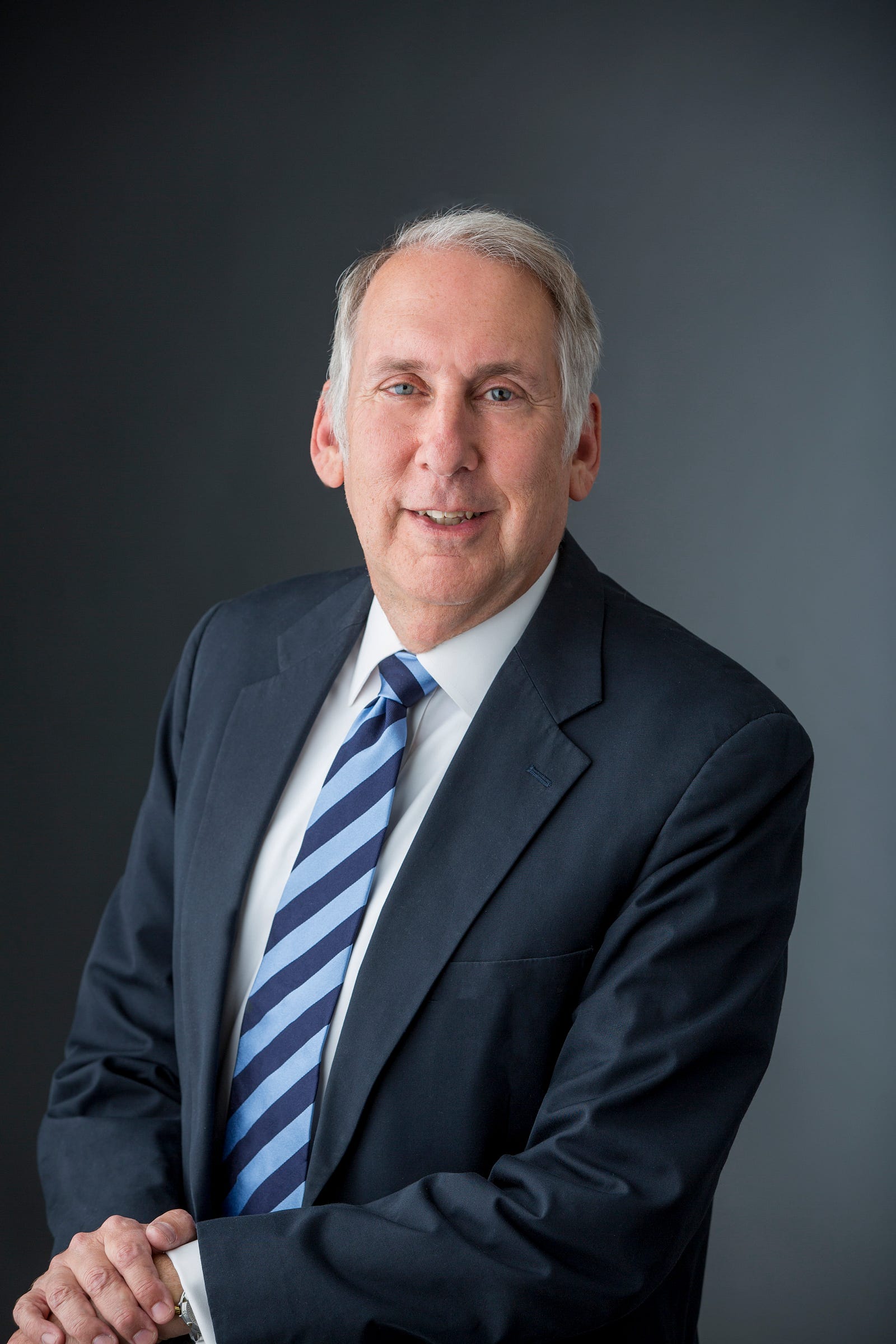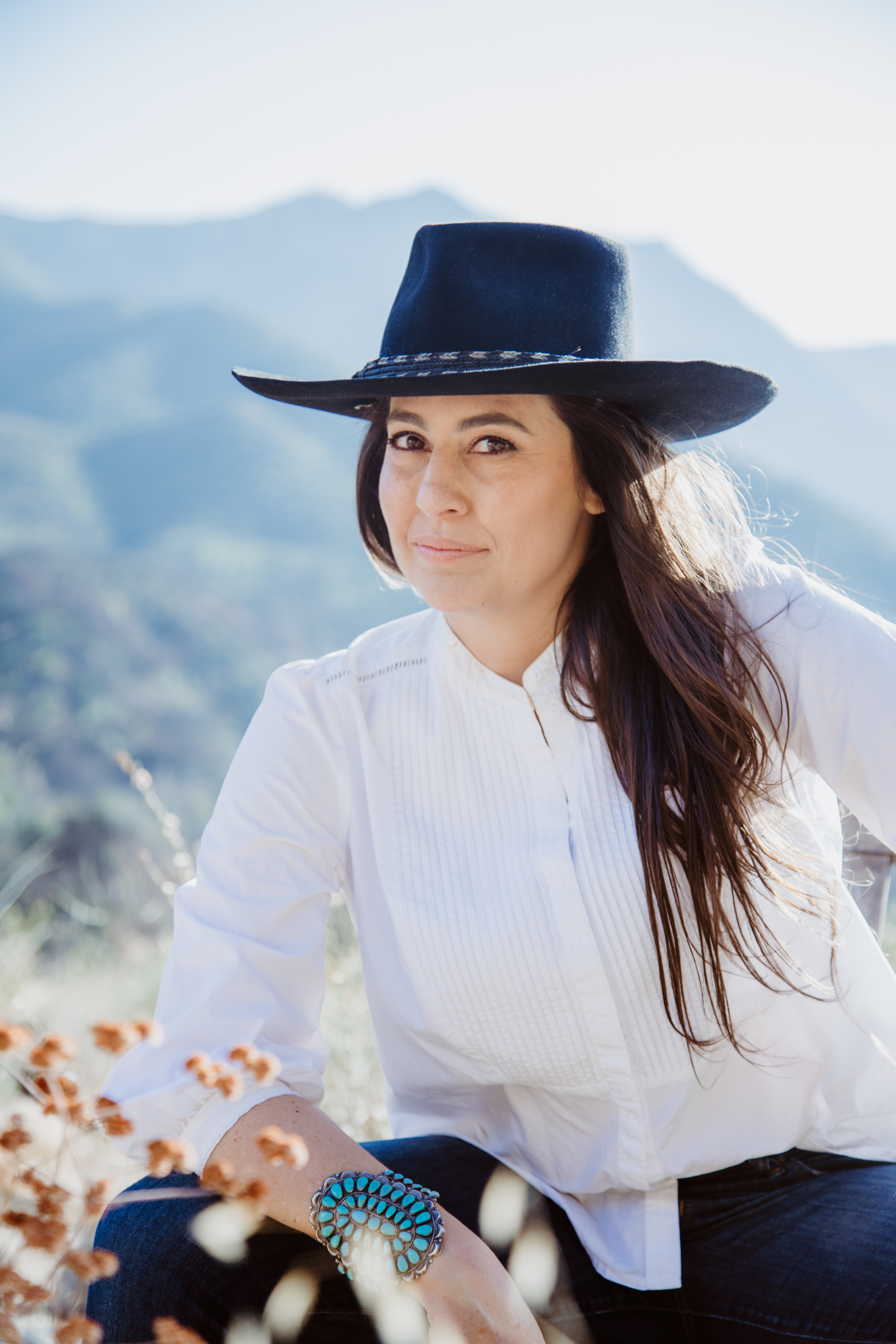I had the pleasure of interviewingDr. Edward Halperin, is the Chancellor and CEO of New York Medical College, with an impressive education background. As a physician-scientist, Dr. Halperin maintains a wide scope of interests. He received his MD from Yale University and MA from Duke, while also completing internal medicine internship at Stanford University and chief residency at Harvard Medical School. He served on the faculty at Duke University for 23 years and rose through the ranks to become vice dean of School of Medicine and associate vice chancellor. He has noteworthy background in pediatrics specifically oncology.
Can you tell us a story about what brought you to this particular career path as a doctor and chancellor?
As a Yale medical student, I was assigned to a private practitioner at Waterbury, Connecticut, Irwin Greenberg MD as a student academic advisee. Dr. Greenberg, a psychiatrist, and I met in the canteen of the Connecticut Mental Health Center in New Haven, Connecticut once in the semester, put coins in the vending machine, got two cups of tea, and chatted.
“Embryology is complicated and difficult to learn,” I asked Dr. Greenberg as a first semester first year student, “Do you have any advice?”
“A very important topic,” he answered. “Study hard and learn it.”
“Gross anatomy is tough sir, what do you recommend?” I asked a second semester first year student.
“It’s very important,” Dr. Greenberg responded. “You need to learn it. Go study.”
For the first three years of medical school, Dr. Greenberg’s basic advice in response to any of my medical academic school’s problems was to send me to the library to study.
Dr. Greenberg asked me at the end of my third year of medical school what specialty I plan to enter. I told him that I was not sure. I did not found anything that especially caught my fancy.
“You should go to radiation oncology,” Dr. Greenberg opined. “It’s very hard. The patients are very sick. It involves a lot of physics. You’d be good at it.”
I have never taken a rotation in radiation oncology but based on Dr. Greenberg’s out-of-the-blue advice I signed up for a two-week electronical radiation oncology at Yale-New Haven Hospital. I never got a clear answer from Dr. Greenberg as how he came to recommend such an unusual course of action to me. It was, however, as a result of his advice that I came to become a pediatric radiation oncologist.
Five pieces of advice to other doctors / clinicians to help their patients to thrive:
- Patients are perishable, so give each one your full attention. Always perform a complete history and physical; review all relevant laboratory and imaging studies; and read the relevant literature to inform your recommendations for diagnostic work-up and therapy.
- Adhere to the three A’s of a successful consulting physician: Availability, Affability, and Ability. Always available to referring physicians and their patients and never turn down referral because “it’s not an interesting case.” Always be affable about referrals-take the time to say “Thank you for this interesting referral. My consultation note will reach you shortly. “Finally, be able. You’d better know what you’re doing when the patient reaches you — but you will not be able to show your ability if you are not available and affable first.
- Whenever possible, take a walk to the office of other physicians and personally review the relevant diagnostic images and pathology slides and receive their opinions . When you phone someone, you are sending a non-verbal message, “I am very important so you need to stop what you’re doing and talk to me.” But, when you go to someone else’s office, you are sending a non-verbal message, “You are very important so I stopped what I’m doing to come see you.” Such non-verbal messages reap rewards by obtaining more information which will ultimately benefit the patient.
- After asking your patient what question prompted them to come to see you, be quiet and listen. Do not interrupt. Let people tell them their story in the way they wish. Taking the time to carefully listen will have both diagnostic and therapeutic value.
- Never stand over a patient. Always find a position where you are below their eye level. Avoid assuming a dominant position over your patients.

You are a person of great influence. If you could inspire a movement that would bring the most amount of good to most people, what would that be?
If I had the opportunity to inspire anyone to action, then it would involve rethinking what part of the speech is associated with the word “care” in medicine. Over the last twenty years, the word “care” in the context of health and disease has been transmuted from a verb into a noun. “We provide health care … We provide health care delivery system.”
I do not think that care is a noun. It’s a verb. We care for others We care for the sick. We care about those in distress. Care is “feel concern or interest; attach importance to something” or “look after and provide for the needs of”.
I hope that we will train the next generations of physicians to believe and act like if care is a verb, not a noun.

Can you please give us your favorite “Life Lesson Quote”? Do you have a story about how that was relevant to your life ?
At the end of George Eliot’s 1871–1872 novel Middlemarch, she writes:
“Her full nature, like that river of which Cyrus broke the strength, spent itself in channels that had no great name on the earth. But the effect of her being on those around her was incredibly diffusive: for the growing good of the world is partly dependent on unhistorical acts; and that things are not so bad with you and me as they might have, is half due to the number who faithfully lived a hidden life and rest in untended moguls. “
The allusion to Eliot is the capture of Babylon as described by the Greek historian Herodotus (c485 BCE — c425 BCE). Angry that his horse was swept away in the waters of the Gyndes River, Cyrus “marked out by ropes, one hundred and eighty trenches on each side of the Gyndes, leading off from it in all directions, setting his army to dig, some on One side of the river, some on the other, he accomplished his threat by the help of so many hands … “The river was converted into several rivulets.
As a mighty river is converted into countless small streams, the growing good of the world is often the result of a large number of individual actions undertaken by those who do not achieve a reputation in their lifetime and are not recorded and documented by historians.

